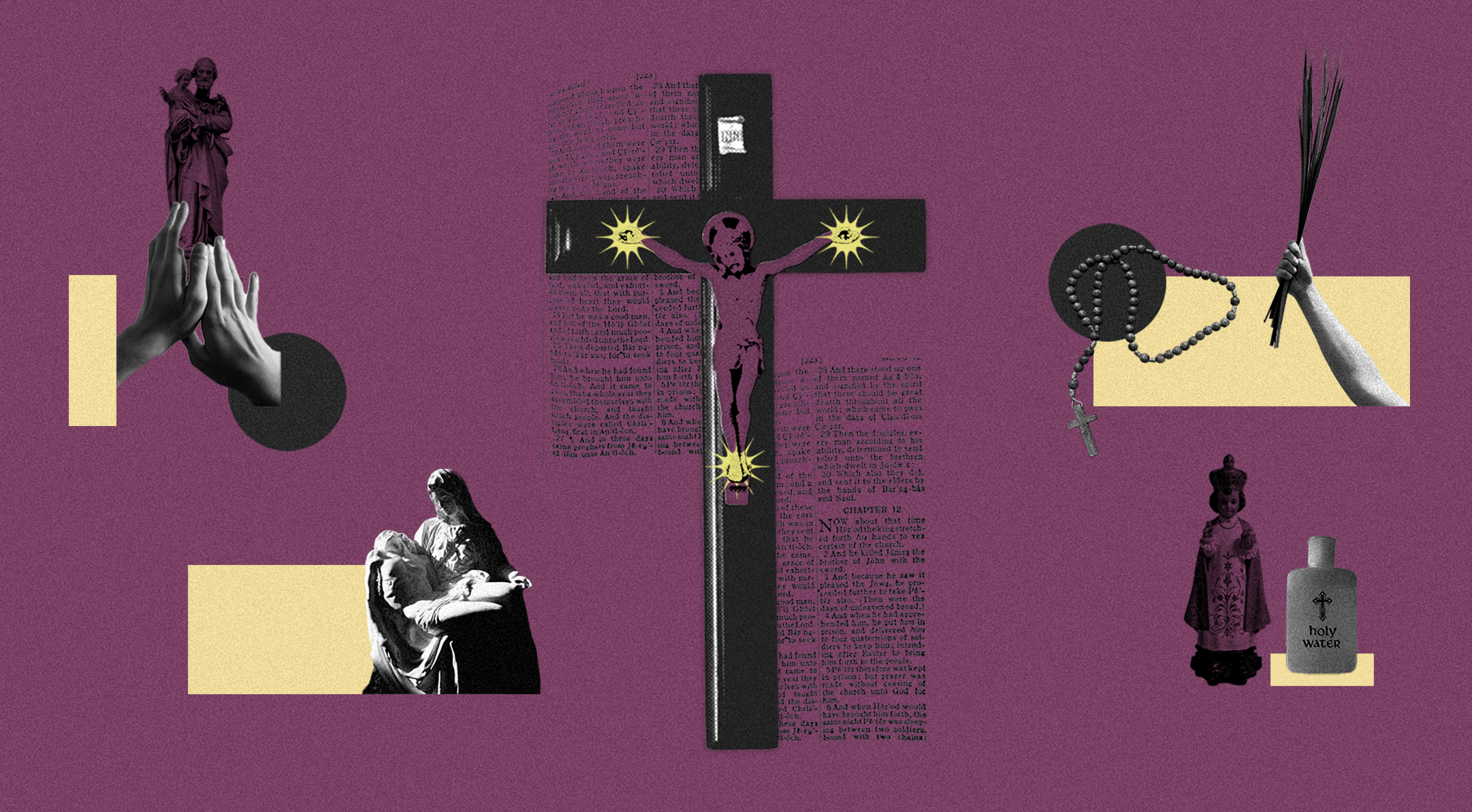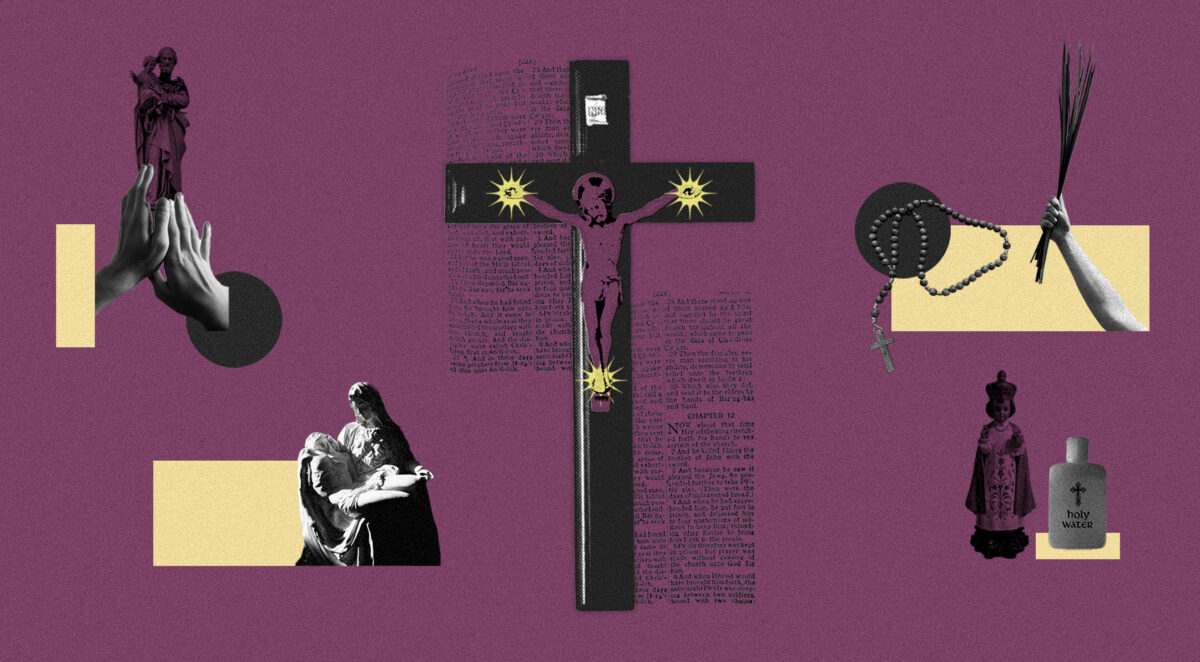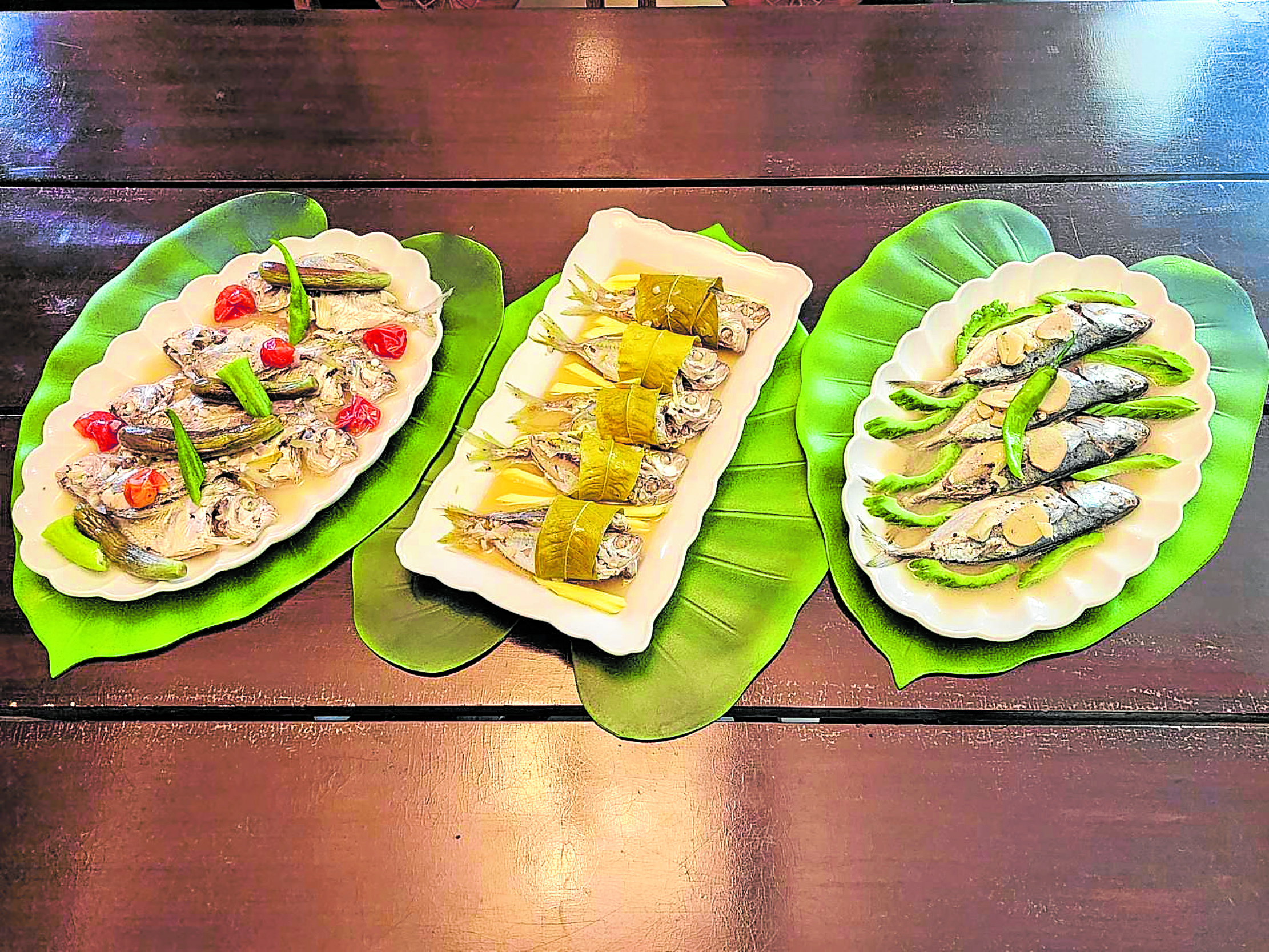During the heavy rains and flooding last weekend, some motorists were complaining that alternative routes they could have taken to avoid bottlenecks on main thoroughfares and the floodwaters in many areas were not accessible because of this growing “phenomenon” of public roads being closed for several hours at night.
Without alternative routes, they had no choice but to make the already congested streets even more congested.
Perhaps chair Francis Tolentino of the Metropolitan Manila Development Authority can look into the legality of many taxpayers being denied access to public roads for several hours every night because they have been “privatized” by residents there.
I do not think the practice, widespread in Makati and adopted by some neighboring Manila communities, has anything to do with security. Pedestrians can still easily come and go. So what is the reason for closing off these streets to motor vehicles?
Subdivisions can keep their streets exclusive because homeowners paid for the construction of those roads and are spending for their maintenance and repair. But public roads are paid for by taxpayers, who are not asked which roads they want their money to be spent on. Neither are they expected to demand that their taxes only go to their places of residence.
If residents of these closed-off streets insist on enjoying exclusivity, then they should also be required to be the exclusive caretaker of those streets, paying for their repair and maintenance. Other taxpayers, on the other hand, should have the right to demand that their money be used somewhere else.
Why should other people pay for something to which they are denied access?
Taxi ‘services’
Taxis are offering surprising services these days. If you are desperate to recharge the battery of your mobile phone or laptop, then try hailing an RLC Ubercab. Every unit has some kind of contraption that allows you to plug the charger of your phone or laptop for some much-needed “juice.”
If you are very thirsty and you get into a CBCS Transport taxi, you can buy bottled water. If you buy six, you even get one free. The bottles are displayed in a vest-like seat cover. The flyers carried by the taxi also offer loans that can be released in 30 minutes by a sister company.
Trash cans needed
Banks should make it a policy to have trash cans near their automated teller machines (ATMs). I have been to some Metrobank branches where the floor is littered with discarded receipts. It is not a pretty sight, and certainly does not enhance the image of the branch. If they are worried about the receptacle being stolen, they can probably chain it to something. Bank of the Philippine Islands ATMs, at least in the branches I go to, have trash cans, even if the machines are outside the bank.
People using the ATM should also be more mindful of where they throw their receipts. If they are only going to throw away the receipt, then they should not ask for it. They can just view their balance on the screen.
And if they must get a receipt, then they should just keep it until they find a trash can. It is just a small scrap of paper. Surely it is not much of a burden to carry around until it can be disposed of properly.
Actually, people should hang on to their receipts, since these are the only records they have of their transactions. If there are discrepancies in their accounts, the receipts can help get things sorted out.
Send letters to The Consumer, Lifestyle Section, Philippine Daily Inquirer, 1098 Chino Roces Ave. cor. Mascardo and Yague Sts., 1204 Makati City; fax 8974793/94; or e-mail lbolido@inquirer.com.ph












































